Jedi Mind Fuck Magic Mushrooms
$24.00 – $85.00
Jedi Mind Fuck, or sometimes called “Jedi Mind Trip (JMF)” Magic Mushrooms are actually more enjoyable and less intimidating as the name suggests. The JMF shrooms belong in the psilocybe cubensis class, and the name comes from their powerful and illuminating effects on the mind. In terms of potency, the JMF strain is similar to Golden Teachers. In other words, the experience isn’t overwhelming if you start with a smaller dose and work your way up. When consumed above moderate doses (i.e. 3 grams on up), you may experience visual hallucinations. Due to this strain’s ability to make you reflect profoundly on nature, Jedi Mind Fuck is an amazing shroom strain to enjoy outdoors.
Description
Introduction to Jedi Mind Tricks
In the expansive universe of Star Wars, Jedi mind tricks stand out as one of the most intriguing and iconic abilities wielded by the Jedi Order. These mental manipulations, often showcased in pivotal moments throughout the series, allow Jedi to influence the thoughts and actions of others. At their core, Jedi mind tricks involve the subtle alteration of perception or the implantation of suggestions into the minds of those who are susceptible. Typically, these tricks are performed with a simple gesture and a calm, assertive voice, effectively bending the will of the target to the Jedi’s intentions.
The origins of Jedi mind tricks can be traced back to the ancient teachings of the Jedi Order. As part of their extensive training, Jedi are taught to harness the Force—a mystical energy that permeates the universe and binds all living things together. Through rigorous discipline and meditation, Jedi learn to channel this energy to perform various feats, including mind tricks. This ability is not inherent but cultivated through years of practice and a deep understanding of the Force’s nuances.
Within the Star Wars narrative, Jedi mind tricks serve multiple purposes. They are often employed to avoid conflict, gather information, or escape precarious situations without resorting to violence. Characters such as Obi-Wan Kenobi and Luke Skywalker have famously used these tricks to persuade others, demonstrating the Jedi’s preference for peace and diplomacy over brute force. However, the effectiveness of Jedi mind tricks is not universal. They tend to work best on the weak-minded, while those with strong wills or specific training can resist their influence.
Understanding Jedi mind tricks provides a gateway into exploring their fascinating parallels with the effects of magic mushrooms. By establishing this foundational knowledge, we can better appreciate the mystical connection between these two seemingly disparate phenomena and delve deeper into their comparative analysis.
Understanding Magic Mushrooms
Magic mushrooms, scientifically known as psilocybin mushrooms, have been used for centuries by various cultures for their psychoactive properties. These fungi contain compounds such as psilocybin and psilocin, which are responsible for their hallucinogenic effects. Historically, magic mushrooms have held significant cultural and spiritual importance, particularly among indigenous tribes in Central and South America. They were often used in religious ceremonies to facilitate mystical experiences and connect with the divine.
The primary psychoactive compound, psilocybin, is converted into psilocin in the human body, which then interacts with serotonin receptors in the brain. This interaction leads to altered perceptions, enhanced sensory experiences, and profound changes in thought processes. Users often report experiencing vivid visual and auditory hallucinations, a sense of unity with the environment, and deep emotional insights. These effects can vary greatly depending on the dosage, individual physiology, and the setting in which the mushrooms are consumed.
In modern times, the recreational use of magic mushrooms has seen a resurgence, particularly in Western societies. However, beyond their recreational use, there is a growing interest in their potential therapeutic applications. Recent studies have shown promising results in using psilocybin-assisted therapy for treating conditions such as depression, anxiety, PTSD, and addiction. This has sparked a renewed interest in the scientific community to further explore and understand the mechanisms behind their therapeutic effects.
Despite their potential benefits, the use of magic mushrooms remains controversial and is subject to legal restrictions in many parts of the world. However, as research continues to unveil their potential, there is hope that a deeper understanding of these mystical fungi will lead to more informed and nuanced perspectives on their use and regulation.
The Science Behind Cognitive Manipulation
Understanding how the brain processes information is pivotal to comprehending both the fictional Jedi mind tricks and the real-world effects of magic mushrooms. At its core, cognitive manipulation involves altering perception and cognition, which is facilitated by the brain’s complex network of neurons and neurotransmitters.
Neurotransmitters are chemical messengers that transmit signals between neurons, influencing everything from mood to perception. For instance, serotonin is a key neurotransmitter that regulates mood, cognition, and perception. Magic mushrooms, or psilocybin mushrooms, contain the compound psilocybin, which is converted into psilocin in the body. Psilocin binds to serotonin receptors, particularly the 5-HT2A receptor, leading to altered states of consciousness, enhanced sensory perception, and changes in thought patterns.
This alteration in perception and cognition through psilocybin can be likened to the fictional Jedi mind tricks, which are portrayed as mental manipulations achieved through the Force. Although Jedi mind tricks are a product of science fiction, they are theoretically grounded in the concept of influencing the brain’s cognitive processes. Essentially, both Jedi mind tricks and the effects of magic mushrooms showcase the brain’s plasticity and its susceptibility to external influences.
Moreover, the brain’s prefrontal cortex plays a significant role in executive functions, such as decision-making and social behavior. When influenced by external factors like psilocybin, the prefrontal cortex can undergo changes that result in altered judgment and suggestibility, akin to the way a Jedi might influence a person’s thoughts and actions. Both scenarios underscore the brain’s remarkable ability to adapt and change in response to different stimuli.
By exploring these scientific principles, we gain a deeper understanding of how cognitive manipulation occurs, bridging the gap between the mystical allure of Jedi mind tricks and the tangible effects of magic mushrooms. This intersection highlights the fascinating ways in which the brain can be influenced, whether through fictional powers or natural substances.
Comparing Jedi Mind Tricks and Psychedelic Experiences
The mystical allure of Jedi mind tricks in the Star Wars universe often revolves around the manipulation of perception and suggestibility, elements that strikingly parallel the experiences reported by individuals under the influence of magic mushrooms. Both phenomena, though grounded in vastly different contexts, share common threads that weave through the fabric of altered cognitive states and mystical experiences.
Jedi mind tricks, as depicted in Star Wars lore, enable Jedi to influence the thoughts and behaviors of others, often leading to significant shifts in perception. For instance, Obi-Wan Kenobi’s iconic use of the mind trick to bypass stormtroopers’ suspicion in “A New Hope” exemplifies the ability to alter reality as perceived by the influenced party. This manipulation of perception is akin to the experiences reported by users of magic mushrooms, where the boundaries of reality become fluid, and ordinary experiences take on extraordinary significance.
Enhanced suggestibility is another crucial similarity between Jedi mind tricks and psychedelic experiences. When subjected to a Jedi’s influence, characters often exhibit heightened compliance and openness to suggestion. Similarly, individuals under the influence of magic mushrooms often report increased suggestibility, where external stimuli and internal thoughts can profoundly shape their experience. This state of suggestibility is not merely passive but can lead to transformative insights and shifts in consciousness.
Mystical experiences further bridge the connection between these two phenomena. Jedi mind tricks often result in a sense of awe and wonder, leaving characters with experiences that transcend ordinary understanding. In the realm of psychedelics, users frequently describe encounters with mystical or transcendent states, characterized by a deep sense of interconnectedness, spiritual insight, and profound emotional experiences. These mystical experiences, whether induced by Jedi mind tricks or magic mushrooms, underscore the potential for profound cognitive and emotional transformation.
Real-life accounts of psychedelic experiences provide a compelling backdrop to these comparisons. Anecdotes from users often mirror the transformative and perception-altering effects portrayed in Star Wars, suggesting a shared human capacity for mystical and altered states of consciousness. By drawing these parallels, we can begin to appreciate the intricate ways in which fiction and reality converge, offering insights into the profound capabilities of the human mind.
Psychological and Neurological Mechanisms
The exploration of psychological and neurological mechanisms uncovers intriguing parallels between Jedi mind tricks and the effects of magic mushrooms. Central to this investigation is the placebo effect, a phenomenon where the mere belief in a treatment’s efficacy can trigger real physiological changes. Jedi mind tricks, often depicted as persuasive abilities, resonate with the power of suggestion inherent in the placebo effect. When individuals believe in the influence of a Jedi, their cognitive processes can be swayed, demonstrating the mind’s capacity to alter perception and behavior.
Moreover, the power of suggestion extends its reach into the realm of magic mushrooms. Psilocybin, the active compound in these mushrooms, interacts with serotonin receptors in the brain, leading to altered states of consciousness. However, the subjective experiences of users are often shaped by their expectations and environment, highlighting the significance of suggestion. A conducive setting and positive anticipation can enhance the mystical and transformative experiences reported by users, akin to the influence exerted by Jedi mind tricks.
Another crucial element in understanding these phenomena is the brain’s default mode network (DMN). The DMN is a network of interconnected brain regions active during rest and self-referential thought. Research has shown that both psilocybin and meditative practices, similar to those employed by Jedi, can disrupt the DMN’s activity. This disruption leads to a diminished sense of self, fostering experiences of unity and transcendence. The alteration of the DMN underpins the profound changes in consciousness observed with magic mushrooms and potentially mirrors the heightened awareness and mental clarity attributed to Jedi practices.
By delving into these psychological and neurological mechanisms, we gain insight into how Jedi mind tricks and magic mushrooms can profoundly influence human consciousness. The interplay of belief, suggestion, and brain network modulation demonstrates the remarkable capacity of the mind to transcend ordinary experiences, opening pathways to altered realms of perception and understanding.
Cultural and Historical Perspectives
The intersection of Jedi mind tricks and magic mushrooms finds deep roots in cultural and historical contexts, revealing an intricate tapestry of human belief and experience. Shamanic traditions, for instance, have long utilized natural substances for their perceived mind-altering properties. Indigenous cultures across continents have engaged in rituals involving psychedelic plants and fungi, often under the guidance of shamans. These spiritual leaders harnessed these substances to invoke altered states of consciousness, facilitate healing, and communicate with the spiritual realm.
Ancient rituals frequently featured the use of magic mushrooms, evident in archaeological findings that suggest their role in religious and ceremonial practices. The Aztecs, for instance, referred to these mushrooms as “teonanácatl,” meaning “flesh of the gods,” indicating their revered status. Such rituals were not only about consuming these substances but also about the holistic experience that included music, dance, and storytelling, aimed at transcending the ordinary and connecting with the divine.
Myth and storytelling have played a significant role in shaping human beliefs about mind control and psychedelics. The concept of manipulating minds through supernatural means is an enduring theme across various cultures. In ancient Greek mythology, the god Hermes possessed the caduceus, a staff believed to have the power to influence minds. Similarly, in Hindu mythology, the god Shiva is often associated with the consumption of psychedelic substances, which are said to enhance spiritual insight and cosmic awareness.
These ideas have been represented in numerous cultures and time periods, evolving into modern narratives. The Jedi mind tricks of the “Star Wars” universe draw from these ancient concepts, blending them with futuristic technology and storytelling. Just as shamans used mushrooms to expand consciousness, Jedi use their mental prowess to influence others, reflecting humanity’s long-standing fascination with the boundaries of the mind.
In essence, the mystical connection between Jedi mind tricks and magic mushrooms is deeply rooted in a rich tapestry of cultural and historical perspectives. These narratives continue to resonate, offering insights into the human quest for understanding and mastery over the mind’s potential.
Modern Applications and Ethical Considerations
In recent years, the principles underlying both Jedi mind tricks and magic mushrooms have found modern applications, particularly in the field of mental health. Psychedelic substances like psilocybin, the active ingredient in magic mushrooms, are being studied for their therapeutic potential. Clinical trials have shown that psilocybin can be effective in treating conditions such as depression, anxiety, and post-traumatic stress disorder (PTSD). These studies highlight a promising avenue for mental health treatment, leveraging the mind-altering properties of psychedelics to facilitate deep psychological healing.
Simultaneously, the concept of suggestibility, akin to Jedi mind tricks, is being explored in therapeutic settings. Techniques such as hypnotherapy and guided imagery utilize the power of suggestion to help individuals overcome psychological barriers. These methods, when applied ethically, can promote positive behavioral changes and emotional well-being. However, the ethical considerations surrounding the use of suggestibility in therapy are paramount. Therapists must ensure that their methods respect the autonomy and consent of their clients, avoiding any form of manipulation or coercion.
Despite the potential benefits, there are significant risks associated with the misuse of these techniques. The recreational use of magic mushrooms, without proper medical supervision, can lead to adverse psychological effects, including panic attacks and psychosis. Moreover, the concept of suggestibility can be misappropriated in ways that exploit vulnerable individuals. The potential for misuse necessitates robust ethical guidelines and regulatory oversight to safeguard against harm.
Overall, while the modern applications of Jedi mind tricks and magic mushrooms hold considerable promise, they must be approached with caution and responsibility. Ethical considerations are crucial to ensure that these powerful tools are used to enhance well-being rather than cause harm. By balancing the benefits and risks, we can harness the mystical connection between these ancient practices and contemporary therapeutic techniques for the betterment of mental health.
Conclusion: The Mystical and the Real
The exploration of the intersection between Jedi mind tricks and magic mushrooms reveals a fascinating confluence of fiction and reality. Throughout this blog post, we’ve delved into the ways in which the legendary abilities of Jedi, as depicted in the Star Wars universe, find intriguing parallels in the effects of magic mushrooms on the human mind. While Jedi mind tricks remain firmly in the realm of science fiction, the influence of psilocybin mushrooms on perception, cognition, and consciousness is well-documented in scientific literature.
One of the key connections highlighted is the altered state of consciousness induced by both Jedi mind tricks and magic mushrooms. Jedi are portrayed as having the power to manipulate others’ perceptions and thoughts, a concept that resonates with the hallucinogenic experiences reported by users of magic mushrooms. These experiences often involve profound changes in perception, heightened senses, and a feeling of interconnectedness with the universe, which mirrors the mystical aura surrounding the Jedi.
Beyond the similarities, this intersection also prompts a deeper reflection on the broader implications for our understanding of the human mind and consciousness. The study of psilocybin and its effects on the brain offers valuable insights into the nature of reality and perception. It challenges us to reconsider the boundaries of the human experience and invites us to explore the potential of these substances in therapeutic and spiritual contexts.
As we ponder the mysteries of the mind, the intersection of Jedi mind tricks and magic mushrooms serves as a reminder of the infinite possibilities that lie within our consciousness. It encourages us to embrace curiosity and to continue exploring the enigmatic realms of both the fictional and the real. The journey into this intriguing intersection is far from over, and it beckons us to venture further into the uncharted territories of the mind and its boundless potential.
Additional information
| Weight | 7 Grams, 28Grams |
|---|

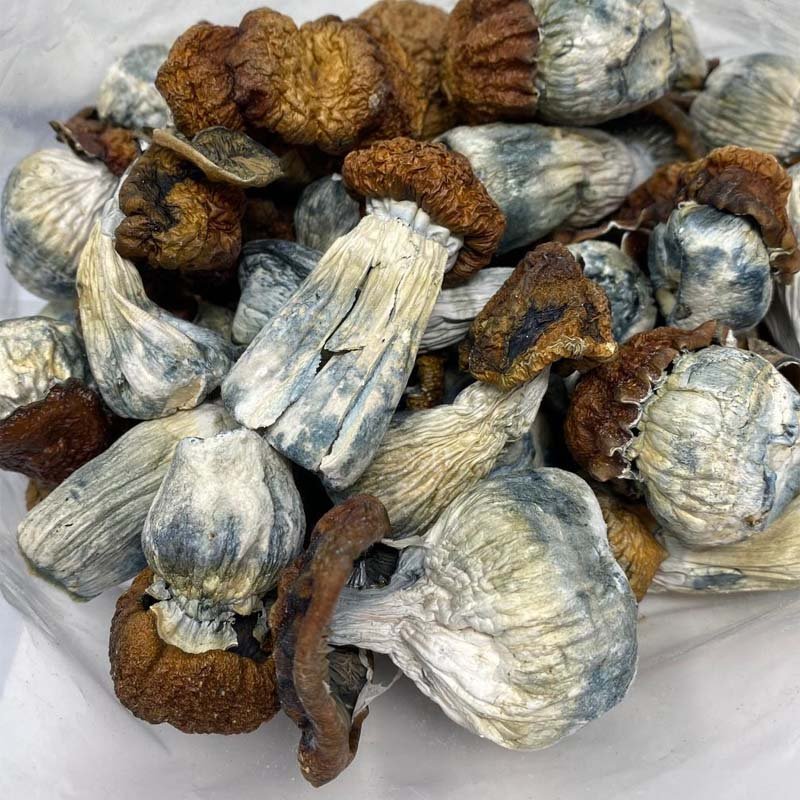
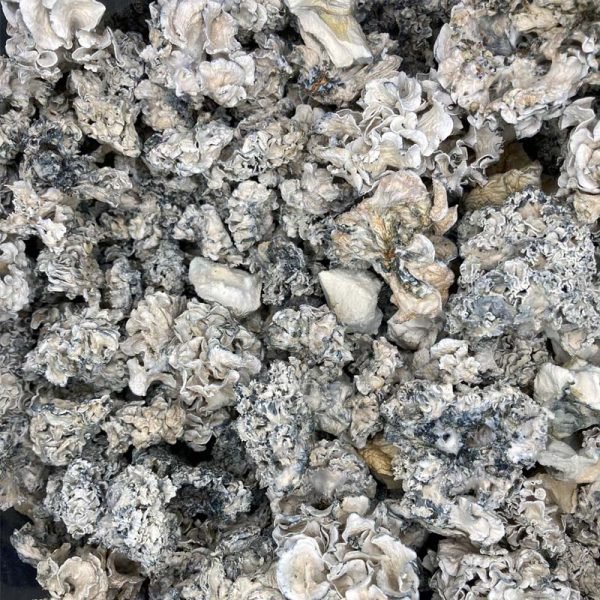
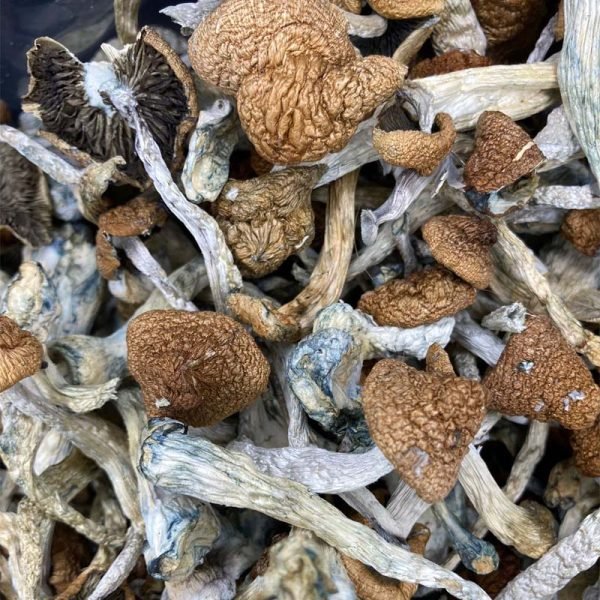
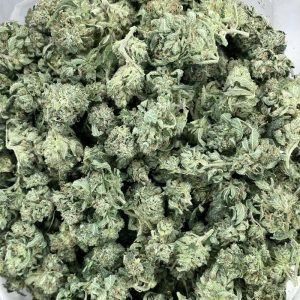
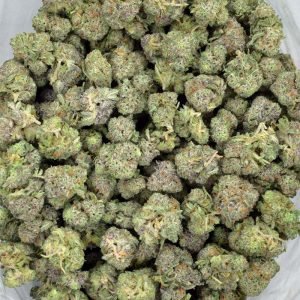

Reviews
There are no reviews yet.